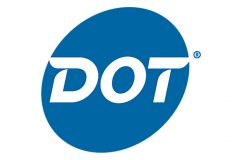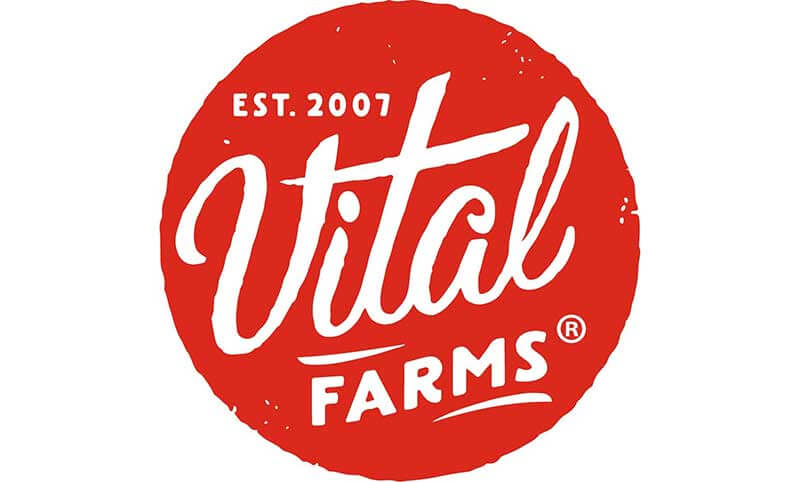Austin, Texas-based Vital Farms has established a distribution partnership with Dot Foods, a food industry redistribution company.
This partnership marks two historic firsts for the two companies: Vital Farms is the first egg brand that Dot Foods will redistribute nationally, and this will be the first time that Vital Farms’ eggs will be available for national foodservice distribution.

Dot Foods enables suppliers to ship to distributors in “less-than-truckload” quantities every week. Its redistribution model will help Vital Farms reach more foodservice operators from high-volume brunch spots to smaller regional chains and family-owned restaurants.
“People are craving more ethical food when dining out. Our new relationship with Dot Foods will help more people enjoy high-quality eggs at restaurants and other places away from home,” said Ash Idais, senior director, foodservice, Vital Farms.
“In the early days of Vital Farms, our founder hand-delivered eggs to Austin restaurants from the back of his Subaru. Fast forward 15 years – it’s exciting to now have vendors like Dot helping us bring more ethical food to tables across the country.”
Dot Foods will offer three of its ethically produced items designed for foodservice:
- Bulk case of 180 shell eggs: 180 pasture-raised shell eggs packed in a case with “Easy Cowboy” printed on the side, so people handle the cargo with care.
- A 20-pound “bag in box” of liquid eggs: A pre-cracked, ready-to-pour option that gives foodservice operators a value-added egg that’s hassle and mess-free.
- Hard boiled eggs in “grab-and-go” two-count: Pre-boiled, pre-peeled pasture-raised eggs, conveniently packaged in 2-count grab-and-go pouches with salt and pepper for easy snacking.
All egg products distributed through Dot Foods meet Vital Farms’ pasture-raised standard. The hens who produce these eggs have at least 108 square feet of regular outdoor access on the family farms in its network. The animal welfare standards go above cage-free requirements mandated in states such as California and Massachusetts.

